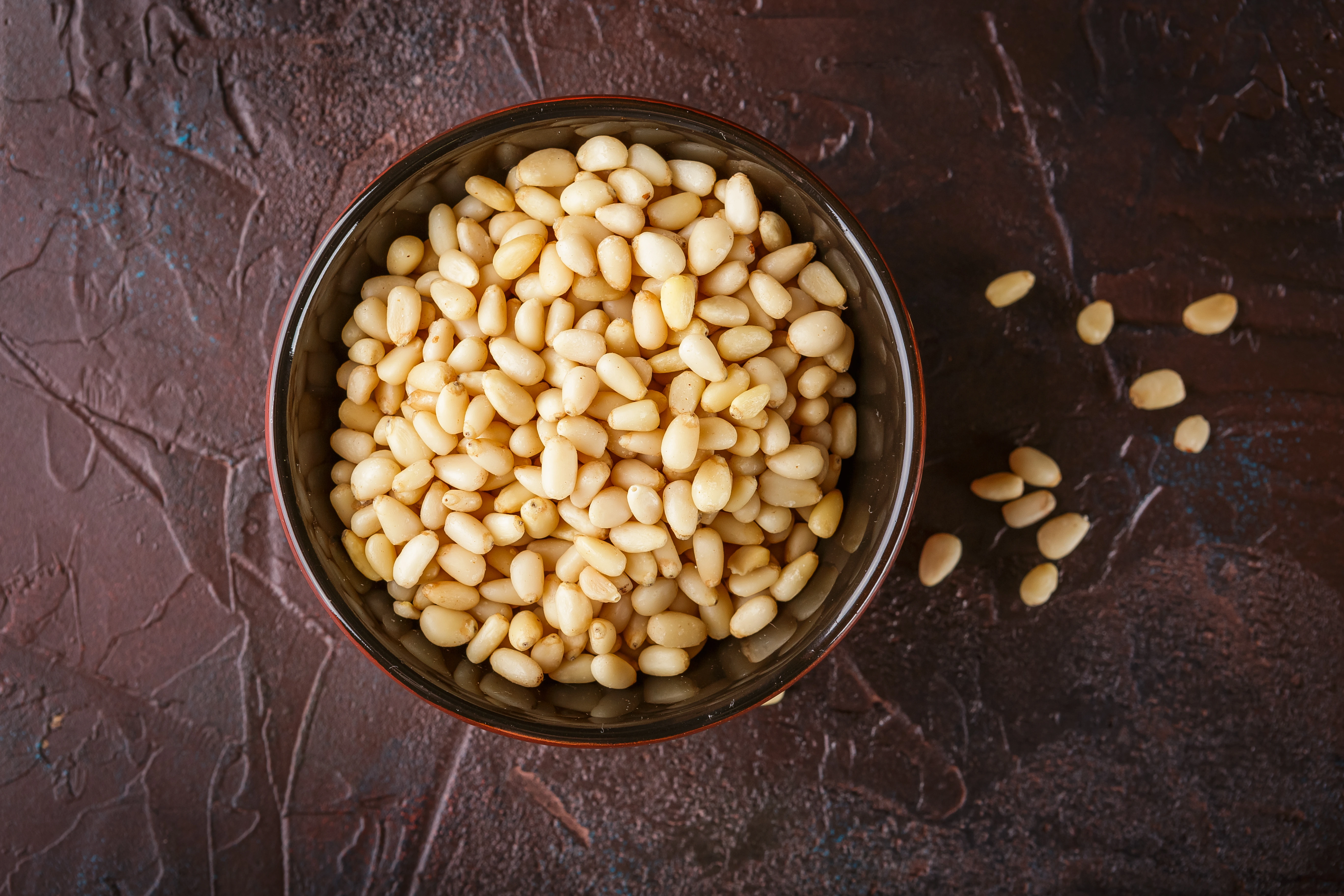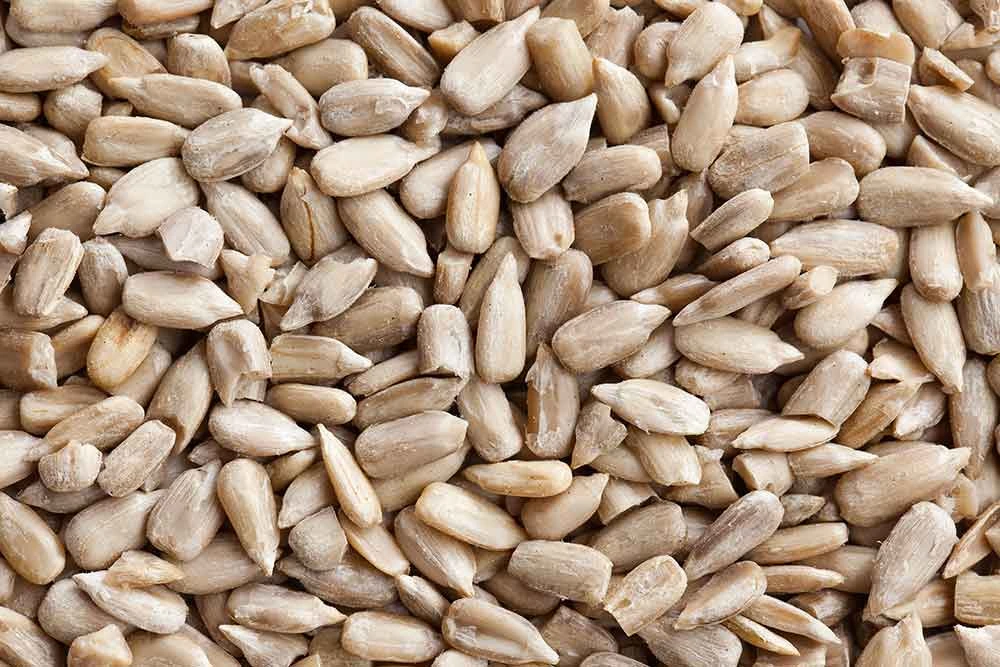Last updated on September 9th, 2022
Whether a person is looking to reach his or her daily consumption of vitamins and minerals or looking for some remedies for rectifying their diabetes complications, there is a whole world of vitamins that can be considered. In blood sugar control, a healthy diet plays the most critical role. It is the key to diabetes management and delaying or preventing the progression of diabetes complications like diabetic neuropathy. Also, various dietary supplements play an essential role.
A lot of individuals believe that a supplement comprises the same vitamins and minerals as whole foods, so why not just take a tablet or a capsule? It’s for the reason that vitamins and minerals are best absorbed via food. Whole forms of foods comprise a mix of minerals, enzymes, fiber, as well as other substances that might aid a person’s body to absorb and utilize these nutrients. Thus, consumption of a well-balanced meal is much healthier as compared to taking a multivitamin.

Vitamin B is one such wonder vitamin; it refers to not one, but in totality 8 different vitamins. All B vitamins exert their action in converting food into energy in the body. There is a special role of every vitamin in an individual’s health. Vitamin B-complex supplements consist of all of the vital B vitamins in just one pill. Few consist of 100% of the recommended daily allowance (RDA) of each B vitamin. Others also comprise higher doses of few or all of these vitamins. Individuals can obtain all the vitamin B they require from a mixed, healthful diet, although others derive benefit from the consumption of a vitamin B-complex supplement.
Also Read: HbA1c Test Normal Value
What is in this Vitamin B complex?
Vitamin B-complex involves all of the vital B vitamins. It must have some of each of the following:
- Thiamin or Vitamin B-1: This vitamin is important for the healthy growth and function of organs, like the heart and the brain.
- Vitamin B-2 or riboflavin: The body requires this vitamin to break down fats as well as medications.
- Vitamin B-3 or niacin: Niacin is required to maintain healthy skin, digestion, and nervous functioning. At times, high doses of niacin are prescribed to help improve cholesterol levels.
- Vitamin B-5 or pantothenic acid: This vitamin is important for the health of the brain and the nervous system.
- Vitamin B-6 or pyridoxine: It helps in manufacturing new red blood cells in the body. RBCs play a role in carrying oxygen all through the body. Also, it helps in keeping the immune system healthy and strong.
- Vitamin B-7 or biotin: This vitamin plays a key role in maintaining the health of hair, nails, and nerves.
- Vitamin B-9 or folic acid: The body makes use of folic acid or folate, its natural form for manufacturing DNA as well as genetic material. Folic acid might lower down the risk of birth defects during pregnancy.
- Vitamin B-12 or cobalamin: The blood cells and nerve cells need vitamin B-12. Sufficient levels of B-12 help in preventing pernicious anemia, which is an insufficiency of this vitamin.
Diabetes is a metabolic disorder in which there are chronically high levels of blood sugar levels. If these enhanced levels of sugar get maintained for a long while, these may lead to damage to the kidneys, intestines, stomach, nerves, and eyes. This damage might also cause deficiency of numerous constituents of vitamin B i.e. B1 (thiamine), B2 (riboflavin), folic acid, B6 (pyridoxine), as well as B12 (methylcobalamin). Kidney damage may also bring about excretion of vitamins, thiamin, and riboflavin while damage to the stomach and intestines may bring about poor absorption of folic acid, methylcobalamin, and pyridoxine. Steady nervous damage may cause an enhanced uptake or usage of methylcobalamin and folic acid which might speed up these deficiencies and signs of diabetic neuropathy. As a result, to put off all these complications in addition to maintaining optimal working of the body, it is essential to supplement with vitamin B complex.
Diabetic patients are recommended by healthcare providers to take B complex tables for improved functioning of their bodies. The most recommended dose of B complex may contain 1.5 mg of B1, 25 mg of B2, 75 mg of B6, 150 mcg of B12, 2.5 mg of folic acid, as well as 300 mcg of biotin. It is seen that diabetics who took the highest amounts of vitamin B2 foods had a 10% reduced risk for type 2 diabetes, whereas people who took the highest amounts of vitamin B6 foods had an 11% reduced risk for type 2 diabetes.
B Complex and Diabetes
Vitamin B complex is vital in diabetes management for 2 reasons. To begin with, all of the B vitamins take part in various chemical reactions occurring in the body cells to produce energy from fats, carbs, and protein, the energy that stimulates everything from muscle movement to body heat to transferring glucose from the small intestine into the bloodstream during digestion. Also, vitamin B supplementation has been seen to offer some improvement of metabolic control in diabetic patients.
The next reason is, B vitamins are vital in diabetes care relating to the sources from where they can be obtained, and how to make the healthiest preferences. Almost certainly a person can distinguish riboflavin, thiamine, and niacin as an ancient FDA bread enrichment program demands adding together of these B vitamins to refined (white) flours as well as bread products.
Also Read: Can Quitting Alcohol Reverses Diabetes?
Also, opting for carb-containing foods such as grains is a fundamental part of diabetes management in a person’s daily eating, as well as getting naturally occurring B vitamins together with the carb choices is another reason why whole grains are so significant.
Also Read: Glucose Normal Range
Supplements that Affect Blood Glucose
Supplements might bring about certain undesirable or dangerous side effects, particularly if they interact with a person’s medicines. Whereas few components could magnify the effects of the diabetes medications, bringing about hypoglycemia (low blood sugar), others might exert an opposite effect, causing hyperglycemia (high blood sugar). Supplementing with Vitamin B is thought to reverse diabetes signs.
- Vitamin E and St. John’s Wort: Both may exert risky interactions with anticoagulants used in the treatment of heart problems, increasing the bleeding risk. Among individuals having heart problems getting the treatment of blood thinner Warfarin, those more expected to experience bleeding events have greater vitamin E levels in their bodies. Many other studies have observed that St. John’s wort increases the effect of anticoagulants. These supplements should be avoided if a person is consuming an anticoagulant. Besides Warfarin, those may involve Apixaban, Heparin, Dabigatran, or Rivaroxaban.
- Chromium: A lack of chromium can bring about high blood glucose levels. It can be worth a try if a person has deficit levels of chromium, but that’s very unusual. Completely avoid chromium if a person has been diagnosed with a kidney problem. Chromium supplements may additionally damage the kidneys and deteriorate the illness.
- Niacin: Few individuals consume niacin to increase the levels of HDL (“good”) cholesterol; however it may also have an effect on diabetes management. Niacin increases the levels of fasting glucose (blood glucose levels when the person is not eating) for diabetics, implying the risks might prevail over the benefits. And whereas niacin may increase HDL cholesterol, there’s no data that this brings about a reduced risk of heart disorders.
Also Read: Does Junk Food Cause Diabetes?
Other Common Supplements
- Vitamin C and E supplements won’t fight off diabetes as well as its associated complications.
- B12 supplement might be useful if a person experiences type 2 diabetes and is found to be deficient in vitamin. Individuals who have been prescribed Metformin for type 2 diabetes have reduced levels of vitamin B12. If a person is on Metformin, a discussion with a health care provider is important to get tested for a B12 deficiency periodically. Research claims that people with diabetes must consume more vitamin B12 daily.
- Alpha-lipoic acid (ALA) lowers down pain from diabetic neuropathy.
Dietary sources of Vitamin B complex
Some of the dietary sources of vitamin B can be included in a diabetic person’s diet to slow down their signs of diabetic kidney disorder. On the other hand, it’s good to discuss with a specialized dietitian or nutritionist before incorporating such changes in the meal plan of an individual having diabetes or any other chronic health condition.
5 Vegetarian Foods Containing Vitamin B
Soybeans
Soybeans have been considered as containing high amounts of protein and fiber. Soya is the only source of lecithin, which aids in fat emulsification, improvement of gallbladder functions as well as lowering down the high cholesterol. Soybeans are low on the glycemic index due to the presence of fiber content, and thus they are often suggested to diabetics. As per a research study, individuals with type-2 diabetes who took one cup of beans on a daily basis for 3 weeks were seen to maintain their low blood sugar levels than when they had just begun with their diet.
Mushrooms
Mushrooms are a great snack for people with diabetes as they have a low glycemic index. Also, they comprise a very low quantity of carbs, which signifies they do not increase the blood glucose levels as considerably as high-carbohydrate food products such as bread and pasta. Fresh mushrooms are wonderful for people looking for weight loss, which is also a major factor in keeping blood glucose levels controlled. Mushrooms are low-calorie foods with high water content as well as fiber that keep a person fuller for longer. Fresh mushrooms consist of both soluble and insoluble fiber, out of which soluble one is associated with controlled levels of blood sugar.
Spinach
A handful of spinach can be added to salad or smoothie and is a great way to initiate adding greens into one’s diet. Spinach is particularly rich in minerals such as iron and magnesium, which are vital for diabetics. Try such motivating ways to include spinach in a diet.
Sunflower Seeds
Sunflower seeds are a considerable source of protein as well as vitamins B1, B5, B6, and folic acid. These sweet and nutty seeds are gradually gaining popularity as snacks as they are super filling.
Pine Nuts
The unsaturated fats present in pine nuts help in increasing insulin sensitivity. Additionally, when consumed as a part of a diet, they function to lessen the overall glycemic index. This is good news for diabetics. Pine nuts work great for people with diabetes. A handful of pine nuts assist in weight management as well.
Summary
Patients having the problem of diabetic nephropathy (a renal disorder caused as a result of diabetes) who received high dose B-vitamin therapy had a more rapid decline in kidney function as well as had a higher rate of heart attack and stroke in comparison to patients who received placebo. Whenever feasible, an individual must consume B vitamins by consuming a range of healthful foods. On the other hand, some people take advantage of a B-complex supplement. Such supplements can be obtained from any health or drug store, or people can also choose between brands online. A B-complex supplement is usually considered safe when an individual consumes it as per the guidelines. However, it is a must to consume very high doses of B vitamins only under a physician’s direction. Thus, reversal of diabetic neuropathy can be done via correction of Vitamin B Deficiency in type 2 diabetes patients.
FAQs:
Does Vitamin B complex increase the levels of blood glucose?
It is a must to discuss with a doctor before consuming very high doses of B-complex supplements. Possible side effects of B-vitamin may include high blood glucose. High doses of nicotinic acid, a synthetic form of vitamin B-3 are seen to be associated with high blood sugar levels.
Does diabetes result in vitamin B deficiency?
Having diabetes might enhance a person’s risk of having a B-12 deficiency as it can be a side effect of Metformin, a common drug given to patients with type 2 diabetes. Also, research studies found that a substantial percentage of people with type 2 diabetes were having low amounts of B-12.
Is vitamin B complex good for diabetics?
Researchers have associated the intake of vitamins B2 and B6 with a reduced risk for type 2 diabetes, as per a research study presented at Nutrition 2019. Also, another study presented at Nutrition 2019, demonstrated that the order in which food is consumed might affect the onset of diabetes.
Which vitamins increase blood glucose?
Vitamin B3 or Niacin, consumed to decrease bad cholesterol, enhance insulin resistance, and increase the levels of glucose in the blood.
Can I consume Metformin and Vitamin B12 simultaneously?
No interactions have been seen between Metformin and Vitamin B12. This does not essentially indicate that no interactions exist. It is always a better idea to talk to a concerned healthcare provider.
Is it safe to give vitamin B12 to people with diabetes?
Vitamin B12 replacement has been found to cause symptomatic improvement among patients suffering from severe diabetic neuropathy. Studies have found that if used either alone or in combination with B complex, a considerable improvement was noticed in the somatic signs such as pain and paraesthesias.
References:
- https://www.medicalnewstoday.com/articles/324856
- https://www.sciencedaily.com/releases/2010/04/100427171752.htm
- https://www.diabetes.org/healthy-living/recipes-nutrition/vitamins-diabetes
Last Updated on by Dr. Damanjit Duggal
Disclaimer
This site provides educational content; however, it is not a substitute for professional medical guidance. Readers should consult their healthcare professional for personalised guidance. We work hard to provide accurate and helpful information. Your well-being is important to us, and we value your feedback. To learn more, visit our editorial policy page for details on our content guidelines and the content creation process.

 English
English
















